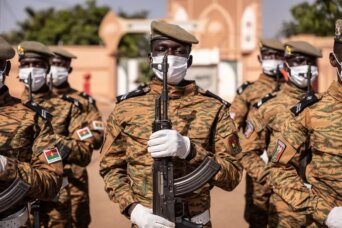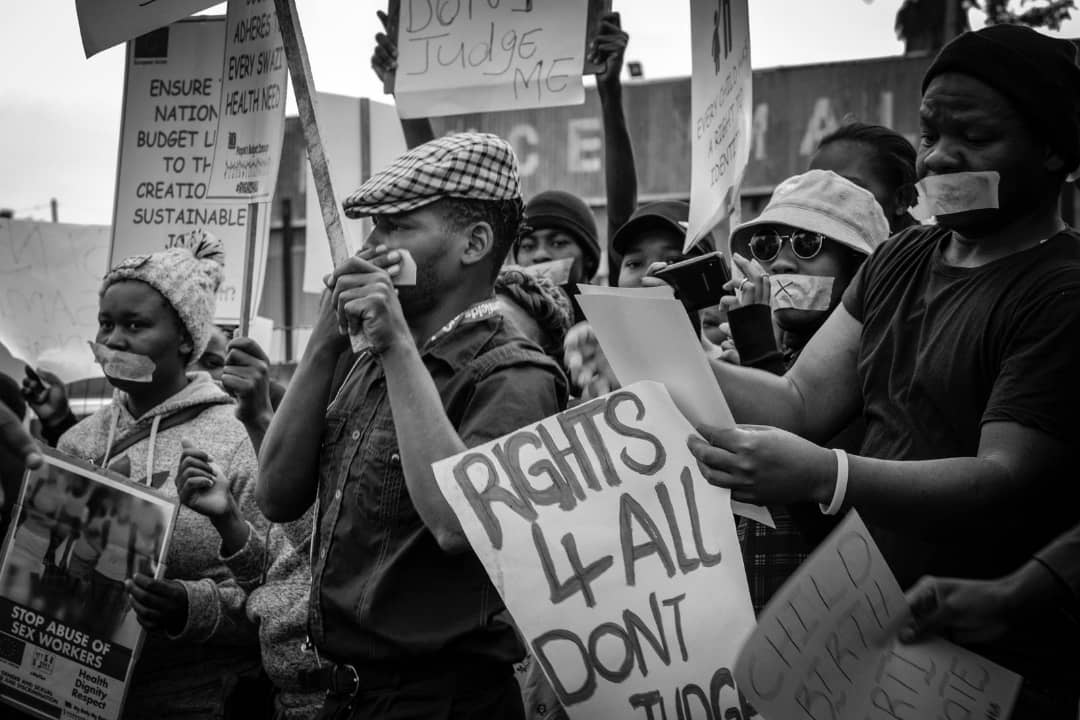- About
- Topics
- Picks
- Audio
- Story
- In-Depth
- Opinion
- News
- Donate
- Signup for our newsletterOur Editors' Best Picks.Send
Read, Debate: Engage.
| topic: | Democracy |
|---|---|
| located: | Burkina Faso |
| editor: | Bob Koigi |
Burkina Faso has become the latest African country to experience a military coup that has incited both the continental bloc (the African Union) and West African regional political and economic union (ECOWAS) to suspend the country from participating in their activities until the restoration of constitutional order.
International players, including the United States, have supported the blocs’ decisions on grounds of unsystematic removal of a democratically elected president and national assembly.
The military takeover has, however, received backing from the country's citizens and has been a culmination of months of street protests for what has been called ‘government laxity and ineptitude’ in tackling growing Islamist insurgency.
Attacks by militants, which were first recorded in 2015 in the country, have led to the loss of over 2,000 lives and displaced more than 1.5 million people from their homes. Schools and health centres have also been closed and dozens of security officers have also been killed.
The West African nation, which has faced a security vacuum and frequent instability since attaining independence from France in 1960, has now become the fourth country in West Africa to experience a coup. In what is appearing to be a dangerous trend, the mutating militant groups continue to wreak havoc, destabilise governments and decimate livelihoods, while shaping national and regional politics and relations as they become more emboldened and strong.
As accusations and counter-accusations over the political situation in Burkina Faso and the larger West Africa region mount, regional, continental and international players should tread carefully in ensuring a balance between rule of law, constitutionalism and respect for people’s sovereignty while spearheading peace and security.
Photo by Olympia De Maismont/AFP via Getty Images

